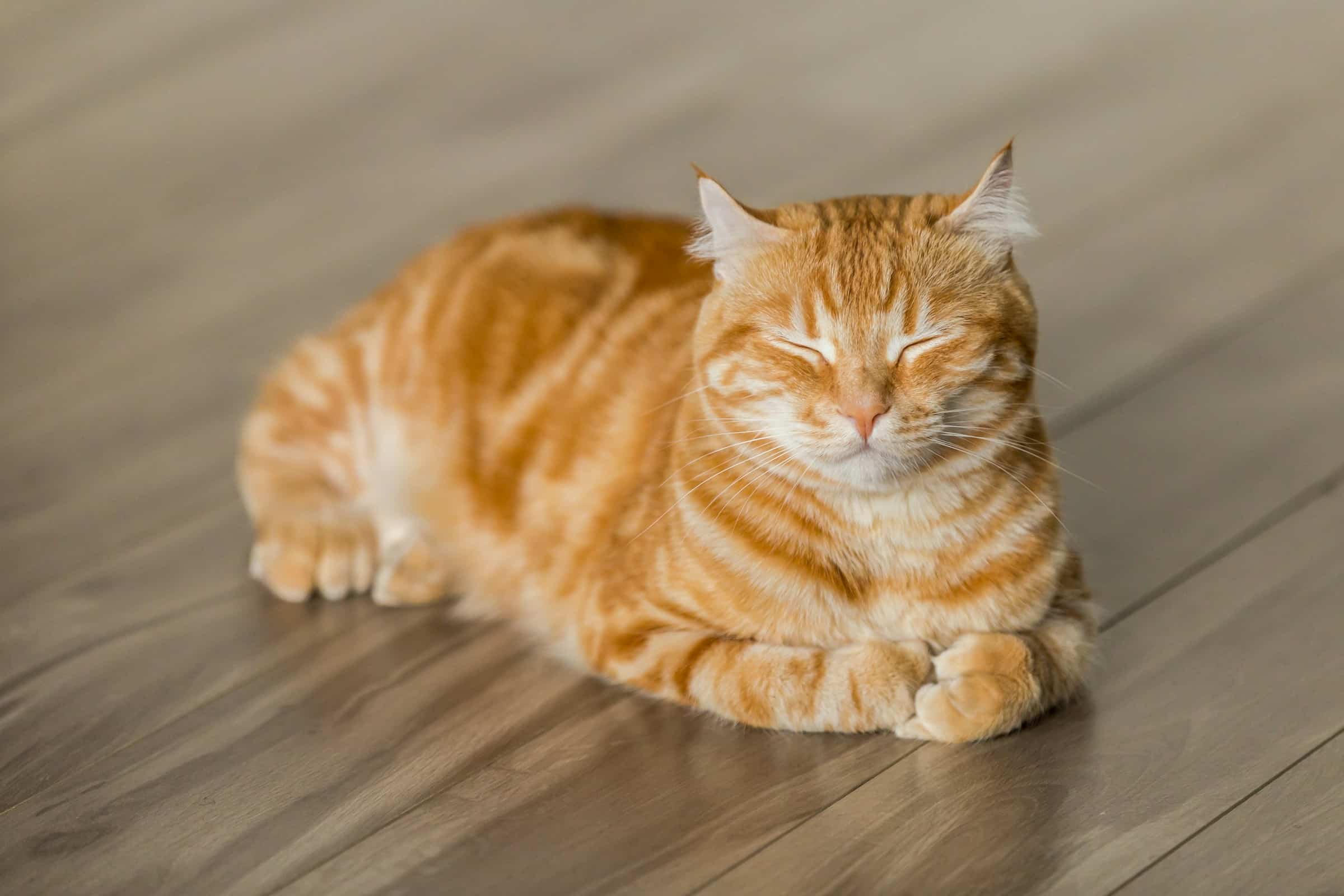What are the protocols for safely removing a foreign object from a cat's paw at home?

If you are a cat parent, you know how adventurous these furry friends can be. From roaming around the house to climbing trees, your pet is bound to get into some mishaps. One such unfortunate circumstance could be your cat getting a foreign body lodged in its paw. How should you, as a responsible pet owner, respond to this emergency?
In this article, we will delve into the protocols for safely removing a foreign object from your cat's paw at home. However, it is imperative to remember that serious wounds should always be treated by a professional veterinarian. The procedures outlined here are for minor incidents that do not require immediate veterinary attention.
Dans le meme genre : How can you create a custom scent garden for cats to help in their relaxation?
Recognizing the Problem
Your cat's behavior will likely be the first sign that something is off. If your pet is limping, excessively licking a specific area, or showing signs of discomfort, it may be due to a foreign object in its paw.
Look for visible signs such as bleeding or a noticeable object. You may also notice some discoloration in your cat's skin around the wound. It's important to act quickly to reduce the risk of infection or further injury.
En parallèle : What steps should you follow to ensure a cat's safety and comfort in a high-rise apartment?
Preparing for the Procedure
Once you've identified a foreign object lodged in your cat's paw, the next step is to prepare for its removal. First things first, you will need to calm your pet. Try to soothe your cat with gentle strokes and a calm voice. This is crucial as a stressed or agitated animal can make the procedure difficult.
Next, gather the necessary supplies. You will need tweezers to remove the object, a mild disinfectant to clean the wound, and a soft, clean cloth for wiping. If available, it would be a good idea to have a pet first-aid kit at hand.
The Removal Process
Now that you have your supplies ready, let's dive into the actual process. The most important thing to remember here is to be gentle. Rough handling will not only cause your cat more discomfort but could also push the foreign body deeper into the paw.
Use the tweezers to gently grasp the foreign object. Do not force it out. If it does not come out easily, it may be embedded too deep and trying to remove it could cause more damage. In such cases, it is best to seek veterinary assistance.
Aftercare and Monitoring
Once the foreign object has been successfully removed, you must clean the wound thoroughly. Using the mild disinfectant, clean the area around the wound, taking care not to cause further discomfort to your pet.
After the wound has been cleaned, keep an eye on your cat's behavior. If your pet continues to favor the paw or shows signs of distress, it might be a good idea to consult your veterinarian.
When To Seek Veterinary Help
While many minor incidents can be handled at home, remember that you should never hesitate to seek veterinary help when needed. If the foreign body is lodged too deep, if the wound is large or excessively bleeding, or if your cat seems extremely distressed, it is best to take your pet to the vet immediately.
Pets, like humans, can have varied reactions to pain and stress. Even if your cat appears fine after the removal of the foreign object, continue to monitor its behavior closely for a few days. If you notice any abnormal behavior or if the wound does not seem to be healing, a visit to the vet could be necessary.
Remember, the safety and well-being of your pet should always be a priority. Dealing with emergencies such as a foreign object in your cat's paw can be stressful, but with the right approach and information, you can handle the situation effectively.
The Role of Pet Insurance in Emergencies
When dealing with your cat's health, you never want to jeopardize their well-being due to unexpected expenses. This is where having a suitable pet insurance comes into play. Pet insurance can be a lifesaver in such a scenario, providing coverage for unexpected veterinary expenses and ensuring that your feline friend gets the necessary care without delay.
Pet insurance typically covers a wide variety of incidents, including foreign body removal. The average cost of removing a foreign object from a cat's paw can vary greatly, depending on the complexity of the case. In a veterinary hospital, costs can quickly escalate to several hundred or even over a thousand dollars, especially when anesthesia, X-rays, or surgery is required. Therefore, with pet insurance, you can rest assured knowing you have financial support should such an emergency occur.
Moreover, having pet insurance also means that you can provide your pet with quick and prompt care, without the worry of immediate payment. This can be life-saving in certain situations where delaying treatment due to financial constraints could result in further complications or even be life-threatening for your pet.
Lastly, pet insurance plans often cover regular check-ups and preventative care, which can help catch and address minor issues before they become major problems. This can be especially beneficial for active cats that are more likely to encounter mishaps like foreign bodies lodged in their paws.
The Importance of Regular Veterinary Check-Ups
Even if you're adept and comfortable in removing foreign objects from your cat's paw at home, it's crucial to maintain regular appointments with your veterinarian. Regular check-ups play a critical role in ensuring your cat's overall health.
Veterinarians are trained to spot things that you might miss. They can properly assess the healing of past wounds and ensure that no infections or complications have arisen. Foreign bodies, such as splinters or glass shards, can sometimes break into smaller pieces, and while you may have removed the visible part, tiny fragments may still be lodged in your pet’s paw.
Your veterinarian will check for such complications and, if necessary, may use an ultrasound or X-ray to ensure nothing remains. This is where your pet insurance can again be beneficial, covering the cost of these additional procedures. Moreover, your vet will also keep an eye on puncture wounds which, if not treated properly, can harbor bacteria and lead to infections.
Regular vet visits also provide an opportunity to keep your cat’s vaccinations up-to-date, check its blood pressure, and monitor overall health. This is particularly important as cats age and become more susceptible to health problems.
In conclusion, while dealing with minor injuries like a foreign object in your cat’s paw at home is possible, remember that professional veterinary care is irreplaceable. Whether it's for the actual foreign object removal, aftercare, or preventive measures, your cat's health should always be a top priority. Having pet insurance is a prudent and responsible step toward ensuring that you can provide your cat with the best care available when it's most needed. So, continue to share love and companionship with your feline friend, armed with the knowledge and resources to handle any mishaps along the way.
